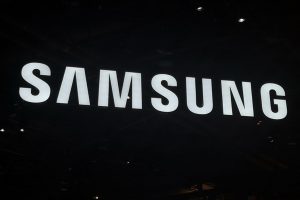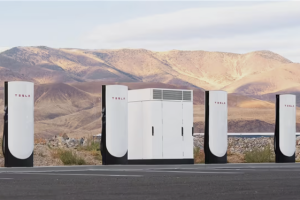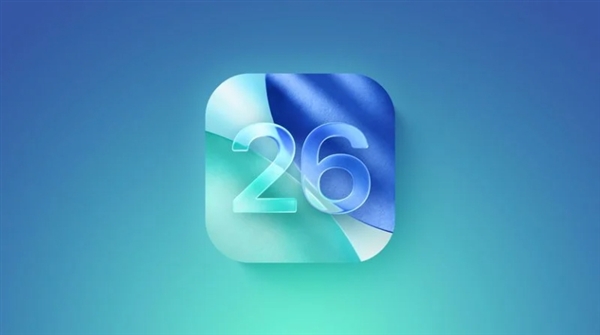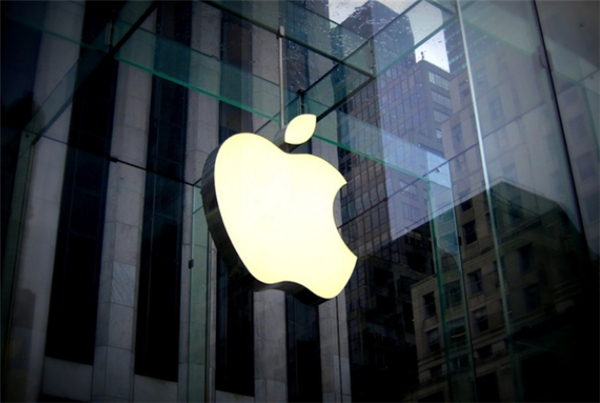August 13, 2024 – SpaceX, the space exploration company owned by Elon Musk, has been accused of violating environmental regulations multiple times this year by illegally discharging pollutants into Texas waters. The Texas Commission on Environmental Quality (TCEQ) issued a notice of violation last week, specifically pointing out serious issues with the water deluge system at SpaceX’s Starbase launch site.
It’s worth noting that in March of this year, the US Environmental Protection Agency’s Region 6 office, which covers Texas and surrounding areas, had already issued a similar violation notice to SpaceX, accusing it of violating the Clean Water Act.
According to a violation notice and related investigation records obtained by CNBC, the TCEQ’s Harlingen regional office received a complaint on August 6, 2023, alleging unauthorized wastewater discharge by SpaceX. Subsequently, the region received 14 complaints about the environmental impact caused by the water deluge system at the Starbase launch site.

Aerospace companies, including SpaceX, must comply with state and federal laws to obtain a launch permit from the Federal Aviation Administration (FAA). SpaceX had applied to conduct up to 25 Starship rocket launches and landings per year at the Boca Chica base. The violation notices could potentially delay the approval process and result in civil fines for SpaceX, or even trigger further investigations and criminal charges.
In a long post on social media platform X, SpaceX responded by stating that regulatory agencies have informed the company that despite the violation notices, they can continue launch operations.
On July 25, 2024, a TCEQ environmental investigator conducted an internal compliance review of SpaceX’s wastewater discharge. The investigation revealed that SpaceX had discharged industrial wastewater without permission four times between March and July of this year.
The water deluge system is typically used to disperse heat, noise, and energy generated during orbit tests and rocket launches. However, SpaceX had not installed such a system at the Boca Chica launch site prior to the first test flight of its largest rocket, the Starship.
In April 2023, the first test flight of the Starship resulted in an explosion of the launch pad and the disintegration of the rocket in the air. A significant amount of concrete debris fell into nearby important bird habitats and migration areas, and a 3.5-acre fire destroyed land in Boca Chica State Park south of the launch pad.
To prevent another explosion, SpaceX quickly rebuilt the launch pad and installed a new water deluge system, but bypassed the approval process and failed to comply with regulations limiting pollutant discharge and specifying wastewater treatment methods.
In July 2023, SpaceX conducted the first full-pressure test of the water deluge system. A month later, on August 25, 2023, the US Environmental Protection Agency initiated an investigation and requested information from SpaceX regarding wastewater discharge. The agency officially issued a violation notice to SpaceX on March 13, 2024.
Despite receiving the EPA’s notice a day earlier, SpaceX proceeded with the third test flight of the Starship on March 14, once again using the unauthorized water deluge system.
It’s worth noting that SpaceX stated in its declaration that the water deluge system “will not cause any harm to the environment” and claimed that other licenses obtained can be used as authorization to use the system. However, coastal ecologist Kenneth Teague evaluated SpaceX’s license application and found significant flaws, including missing information on water discharge volume, wastewater temperature, and discharge location. Teague expressed particular concern about the concentration of mercury in SpaceX’s water deluge system wastewater, stating that the disclosed mercury content “far exceeds the mercury water quality standards.”
Teague also pointed out that high-temperature discharges and high concentrations of mercury and other pollutants could have severe negative impacts on the marine ecosystem. He criticized SpaceX’s application for failing to address this serious issue.
In response, SpaceX stated that “no mercury was detected” in their samples. However, in their license application, the company admitted that the mercury concentration at one discharge location was 113 micrograms per liter, while the state water quality standard for acute aquatic toxicity is 2.1 micrograms per liter, and the human health limit is even lower.












